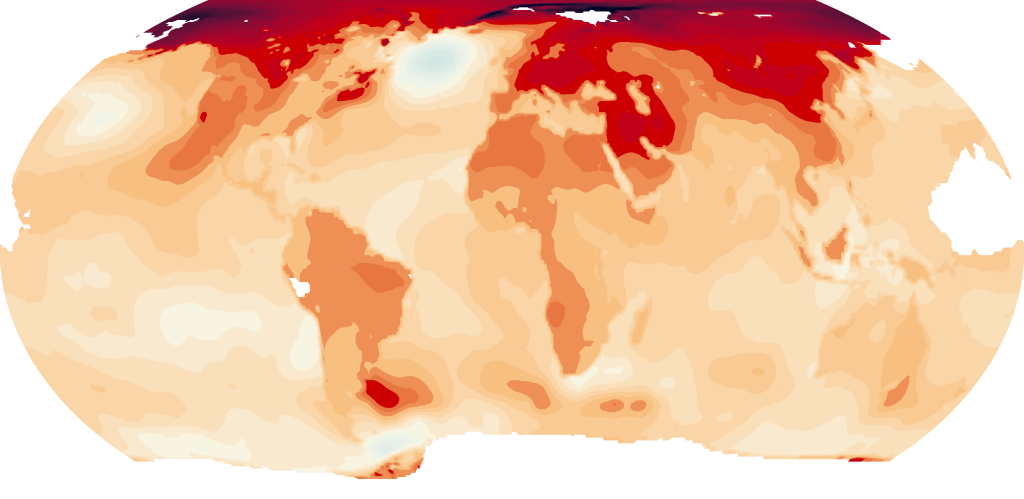Context:
Research shows that prokaryotes are likely to thrive in warming oceans, impacting marine ecosystems and climate change efforts.
Key Findings of the Research:
- Study aimed to evaluate how climate change affects the biomass and carbon output of prokaryotes.
- Prokaryotes are likely to thrive with ocean warming, showing a biomass decrease of about 1.5% per degree of warming, compared to a 3–5% decline in larger plankton, fish, and mammals.
- This shift could lead to a marine ecosystem dominated by prokaryotes, potentially reducing fish availability for humans.

About the Prokaryotes:
- Prokaryotes are single-celled organisms without a nucleus or organelles, including bacteria and archaea.
- They are among Earth’s oldest cell-based lifeforms and thrive globally, from the tropics to the poles.
- Prokaryotes make up 30% of marine life and are essential to marine nutrient cycles.
Role of Prokaryotes in balancing ocean carbon levels
- Prokaryotes grow quickly and emit significant amounts of carbon around 20 billion tonnes annually to a depth of 200 meters, double the carbon output of humans.
- This is balanced by phytoplankton, which absorb carbon dioxide and help mitigate global warming.
- Together, prokaryotes and phytoplankton balance oceanic carbon levels.
Implications for Marine Ecosystems and Climate:
- Food chain disruption: Increased prokaryote dominance may divert nutrients away from fish, potentially reducing human food sources.
- Carbon absorption: Enhanced prokaryote activity could diminish the ocean’s capacity to absorb human carbon emissions.
- Underestimated fish stock decline: Current projections may underestimate the impact on global fish populations.
Also Read:
Global Warming Causes Toxic Mercury Leakage from Arctic Permafrost

